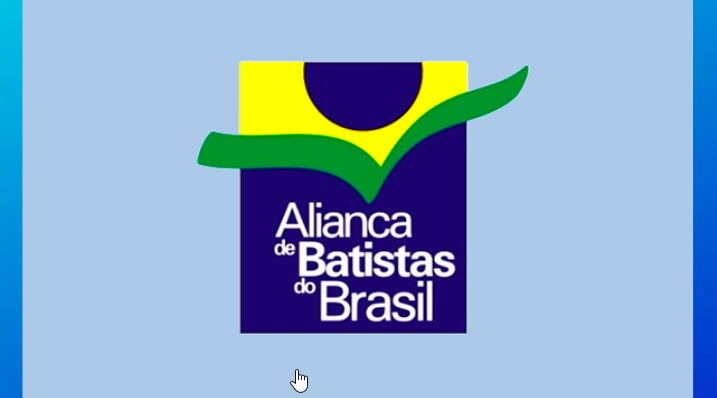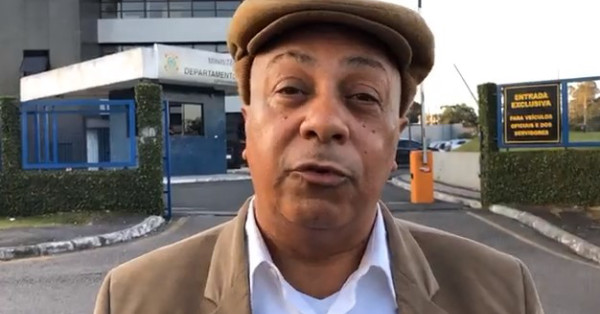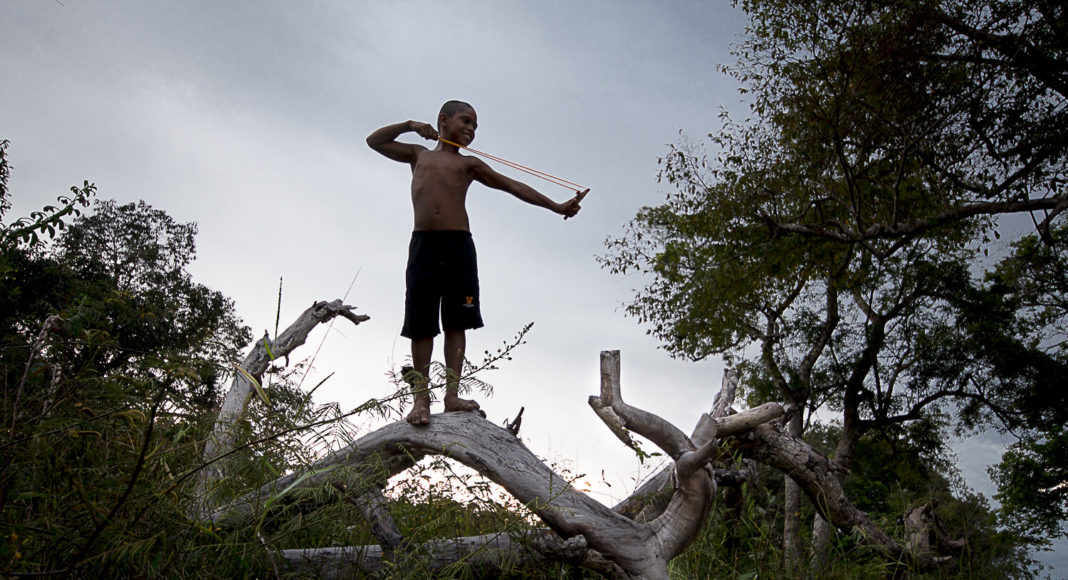On Sunday 28 October, Brazil will elect a new President in the middle of the worst political crisis since the dictatorship in the 1960s. In the past three years headlines about Brazil have taken a more ominous tone and now the door to the past seems to be open once again.
Back in 2015, the international economic crisis had plunged the country into a deep recession that triggered disruption throughout the Brazilian political system. The controversial impeachment of President Dilma Rousseff and a series of corruption scandals that affected the entire political class mark a turning point for the country with impacts far beyond its borders.
This year’s elections take place in a context in which wealth concentration and inequality remain unaltered despite advances of the previous decade, deepening the sense of instability. Income inequality remained stubbornly entrenched in 2017, as the richest 10% of Brazil’s population garnered 43% of the overall income (around £60 billion) (Source: IBGE). As the same time the 5% poorest experienced a dramatic decrease of 48% in their monthly income compared to 2016, obliging them to live on less than US$0.40 per day.
Brazil’s churches speak out
According to a statement from the
National Council of Christian Churches of Brazil (CONIC),
“The elections take place in a context in which democracy has been broken. The current President hasn’t been elected. A President was removed based on suspicious justifications. And one of the candidates speaks openly of a coup d‘état, in case that the result does not favour him.”

CONIC launched online campaign to stimulate local discussions on what democracy means and what is at stake in this elections. CONIC is also acting to leverage the voices of churches and ecumenical organisations who have expressed their concern at the increase of intolerance and violence and the risk to basic rights. CONIC’s Ecumenical Commission for Justice and Peace called:
‘In the name of persons of different traditions and faiths:
- To remain vigilant and strengthen our collective and popular profession, organizing in our homes, neighbourhoods and communities, to discuss the impact on our lives of racism, xenofobia, the threat of fascism, hatred of women and LGBTfobia;
- To the churches, social organizations and popular movements to play their part in developing a culture of democracy to counterpose to the culture of authoritarianism;
- To strengthen our mobilization to win the cancellation of the labour reforms and of caps on public expenditure and to renew our struggle for reforms to the political system, for a just system of taxation, and to guarantee the other gains achieved by the struggle of men and women workers;
- To renew and deepen our commitment to a lay government: no candidate or government should claim to speak in the name of God.
- To our churches to discuss the defence of the Family based on affection and not by maintaining domestic hierarchies which give rise to domestic violence.
‘In a religious country such as Brazil, we should not be the advocates of hatred or fear. We should be the women and men to advocate love, peace, dialogue, solidarity, justice and a culture of engagement. Whoever uses the name of God, of Jesus or the Bible, to disseminate hatred and attack human rights is bringing the holy Gospel into disrespect.’
 The House of Bishops of the Igreja Episcopal Anglicana do Brasil (IEAB)
The House of Bishops of the Igreja Episcopal Anglicana do Brasil (IEAB) – the Episcopal Anglican Church of Brazil, in
a statement signed by eight diocesan bishops – including the Primate, Bishop Naudal Alves Gomes – and seven emeritus bishops, said: ‘[we are] publicly calling on all people who take part [in] our church and Brazilian society for a serious reflection on the elections… We are living in a time when aggressive, intolerant behaviour and the dissemination of false news violently violate non-negotiable principles of the Christian faith.’
 The Baptist Alliance
The Baptist Alliance statement in defence of democracy says : ‘In Brazil there is an increasing appetite for authoritarian and opportunist alternatives. The gap in the public space, due to the lack of credibility of political representation, is paving the way to fascism and fearful proposals.’
 Pastor Ariovaldo Ramos, from the Christian Reformed Community
Pastor Ariovaldo Ramos, from the Christian Reformed Community, stated that there is no room in the Christian vision to support the former Captain’s (Jair Bolsonaro’s) proposals. ‘The candidate preaches the return to Nazism which is something that humankind has rejected already! … We cannot support a vision that promotes exclusion.’
Fears for the future
Contrary to expectations, these elections do not offer short-term solutions to the country’s crisis and reveal a much deeper than expected rupture in the social fabric.
Ignoring a request from the UN Human Rights Committee, Brazilian courts ruled to prevent former President Lula da Silva from standing in the elections only one month before polling day. Mr. Silva, until then the favourite to be elected president, was replaced by Fernando Haddad, his former Minister of Education and former mayor of Sao Paulo.
With the slogan “
Brazil above everything, God above everyone” Jair Bolsonaro is favourite for the second round, presenting himself as an outsider and the candidate who goes against the system.
His racist, sexist and homophobic comments have made international headlines, as has his defence of the country’s military dictatorship, use of torture and his opposition to human rights.
Support for Bolsonaro has increased despite his threat to close the National Congress and the Constitutional Supreme Court; criminalise social movements; close down non-governmental organizations (especially international ones); and incite violence against marginalized groups and opponents.
The ‘threat’ from Venezuela
Much of the radicalism claimed by the candidate is justified by the alleged need to protect Brazil from the threat that Venezuela could represent to national sovereignty. Although this threat has never been explained by the candidate or his programme, he proposes the militarization of the border between the two countries, as well as the end of diplomatic and commercial relations between them.
When asked by the media about Brazil’s historical position as a country open to refugees and migrants, the candidate stated that Brazil under his command would never have place for the ‘slag of humanity’.
It is easy to anticipate the consequences for peace in the region and beyond. Brazil, which shares borders with 10 other countries, has historically positioned itself as a regional leader and a mediator of major conflicts but, should Bolsonaro be elected, it will certainly take a belligerent stance against its neighbour, Venezuela which is facing dramatic political and economic instability.
Fears for the future
Although his programme does not lay out clear policies, Bolsonaro has repeatedly said that under his leadership Brazil will leave the United Nations and denounce international agreements which, in his view, impede the country’s development, especially agreements related to the protection of human rights and environmental issues. That position has potentially huge impacts considering the coming Climate COP in 2019, planned to be hosted in Brazil.
Withdrawal from the Paris Agreement, closing the Ministry of Environment, relaxing environmental law enforcement and licensing, neglecting indigenous land rights, and paving a highway through the Amazon– all suggestions made by the candidate or his team – would threaten calamity for the Amazon Rainforest, for the communities which live in it and, potentially, for the whole of humankind.
Undoubtedly, Bolsonaro is not the first or last candidate to use hate speech and defend disruptive positions as an alternative to a political and economic crisis. The alarming question here is that a country like Brazil could opt through the ballot box to fall in the hands of extreme right-wing. This surely aggravates an already complex international scenario of increasing inequalities, strengthening of conservatism and deepening of violence.
The results of this Sunday’s election will certainly affect the lives of communities across the world.
 CONIC launched online campaign to stimulate local discussions on what democracy means and what is at stake in this elections. CONIC is also acting to leverage the voices of churches and ecumenical organisations who have expressed their concern at the increase of intolerance and violence and the risk to basic rights. CONIC’s Ecumenical Commission for Justice and Peace called:
‘In the name of persons of different traditions and faiths:
CONIC launched online campaign to stimulate local discussions on what democracy means and what is at stake in this elections. CONIC is also acting to leverage the voices of churches and ecumenical organisations who have expressed their concern at the increase of intolerance and violence and the risk to basic rights. CONIC’s Ecumenical Commission for Justice and Peace called:
‘In the name of persons of different traditions and faiths:
 The House of Bishops of the Igreja Episcopal Anglicana do Brasil (IEAB) – the Episcopal Anglican Church of Brazil, in a statement signed by eight diocesan bishops – including the Primate, Bishop Naudal Alves Gomes – and seven emeritus bishops, said: ‘[we are] publicly calling on all people who take part [in] our church and Brazilian society for a serious reflection on the elections… We are living in a time when aggressive, intolerant behaviour and the dissemination of false news violently violate non-negotiable principles of the Christian faith.’
The House of Bishops of the Igreja Episcopal Anglicana do Brasil (IEAB) – the Episcopal Anglican Church of Brazil, in a statement signed by eight diocesan bishops – including the Primate, Bishop Naudal Alves Gomes – and seven emeritus bishops, said: ‘[we are] publicly calling on all people who take part [in] our church and Brazilian society for a serious reflection on the elections… We are living in a time when aggressive, intolerant behaviour and the dissemination of false news violently violate non-negotiable principles of the Christian faith.’
 The Baptist Alliance statement in defence of democracy says : ‘In Brazil there is an increasing appetite for authoritarian and opportunist alternatives. The gap in the public space, due to the lack of credibility of political representation, is paving the way to fascism and fearful proposals.’
The Baptist Alliance statement in defence of democracy says : ‘In Brazil there is an increasing appetite for authoritarian and opportunist alternatives. The gap in the public space, due to the lack of credibility of political representation, is paving the way to fascism and fearful proposals.’
 Pastor Ariovaldo Ramos, from the Christian Reformed Community, stated that there is no room in the Christian vision to support the former Captain’s (Jair Bolsonaro’s) proposals. ‘The candidate preaches the return to Nazism which is something that humankind has rejected already! … We cannot support a vision that promotes exclusion.’
Pastor Ariovaldo Ramos, from the Christian Reformed Community, stated that there is no room in the Christian vision to support the former Captain’s (Jair Bolsonaro’s) proposals. ‘The candidate preaches the return to Nazism which is something that humankind has rejected already! … We cannot support a vision that promotes exclusion.’


